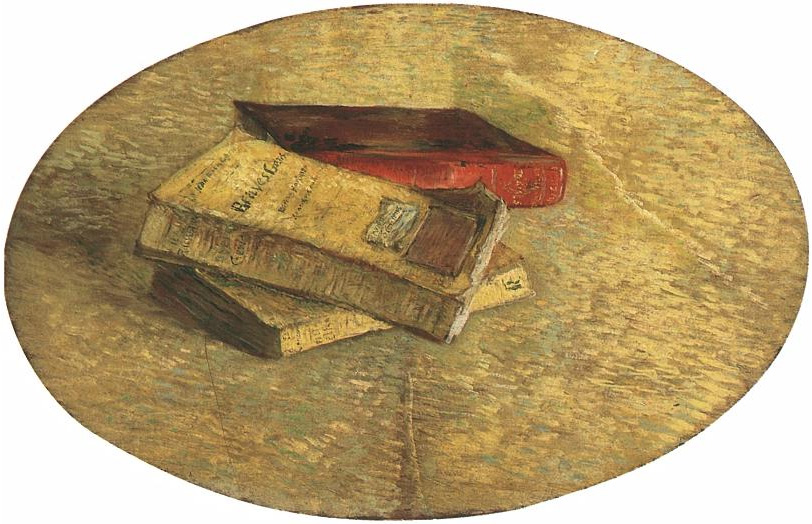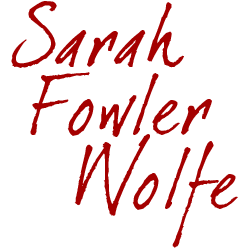
I love classic literature. I had the privilege to be taught in the classical model in middle school and high school, which meant we read at least one book a month– and that book was usually several hundred years old. I found that these novels transported me to different worlds in a way modern literature or historical fiction never could. I learned new words and turns of phrase, and absorbed historical context and events.
My senior year of high school I was in charge of my own English curriculum. For writing I kept up with current events and wrote at least two papers a month on political issues. I also sent at least one letter to the editor every month (many of which were published, some as op-ed columns). The most fun, though, was that my mom had picked up a book at a homeschool curriculum fair that listed major American colleges’ recommended reading lists. The authors had also compiled a list of the 100 most-often-recommended books, which I decided to read. (Really I only wound up reading 73 that year, if I recall correctly.)
From Robert Louis Stevenson to Ralph Ellison, Louisa May Alcott to Charles Dickens, Jane Austen to Herman Melville and Fyodor Dostoyevsky to Shakespeare, these books informed and shaped my worldview both then and now. They gave me a head start on my eventual college English program. They made me an intellectual richer person.
Why am I waxing poetic about classic literature? Because the latest technology (you know, that evil thing that was supposed to make it so we never read a good book again?) makes reading some of the greatest literature of all time easier than ever. I must admit I thought everyone knew this, but I was listening to a podcast by obviously relatively tech-savvy people the other day and this was a new revelation to them: Any books in the public domain (that is, those whose copyright has run out) can be had for free on any of the e-reader platforms!
The Kindle, as I’m sure you know by now, is my favorite e-reader. It can be read across devices– there are desktop, Android, Blackberry, iPhone and iPad apps so you can read Kindle books practically anywhere without an actual Kindle device.
But whether you decide to use Kindle, Nook, Borders, Sony, Google, or another e-reading platform, get reading. You can’t beat having access to the greatest books of all time for free!
“There is no argument by which one can defend a [literary work]. It defends itself by surviving, or it is indefensible.”
-George Orwell
